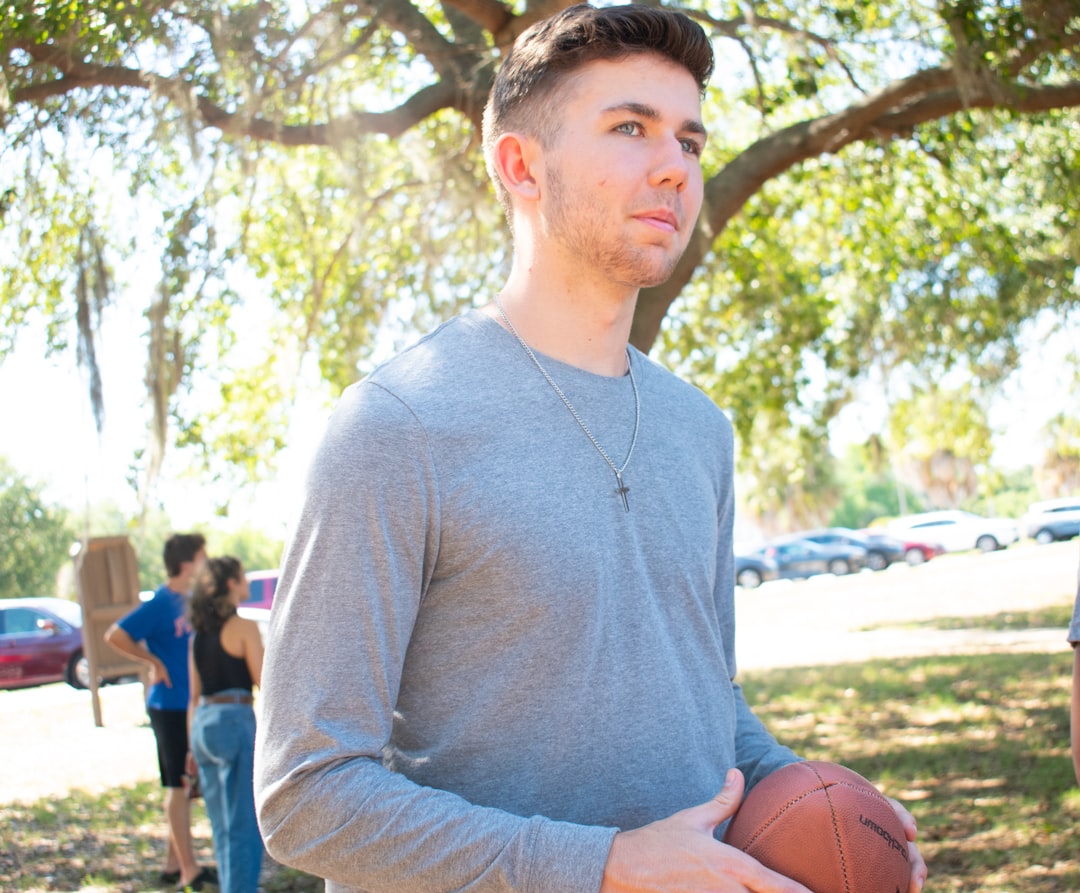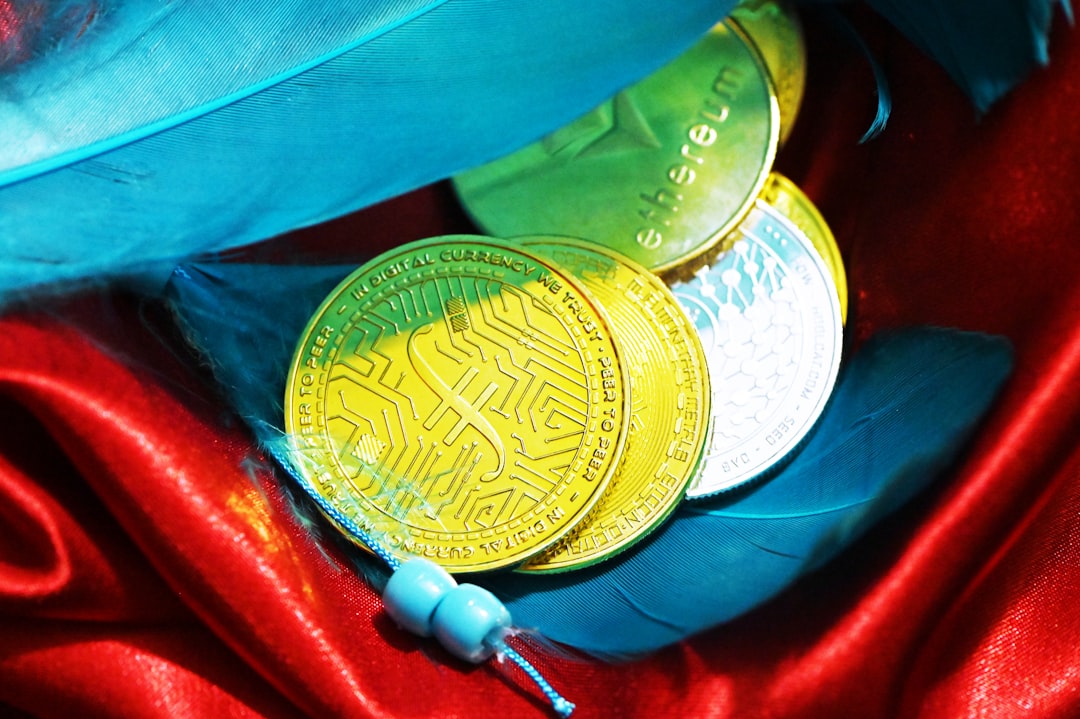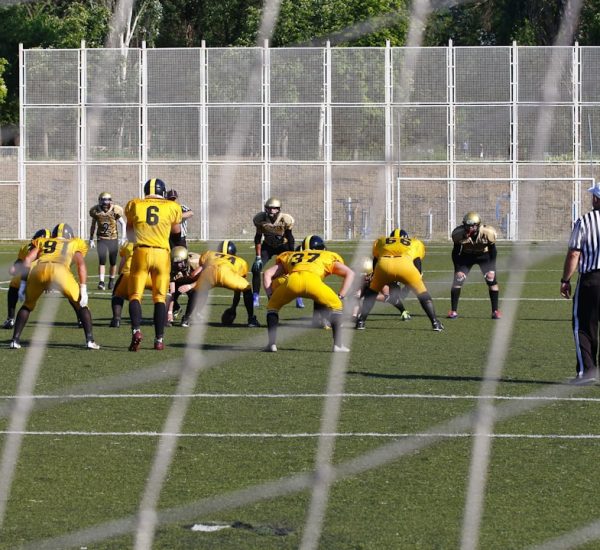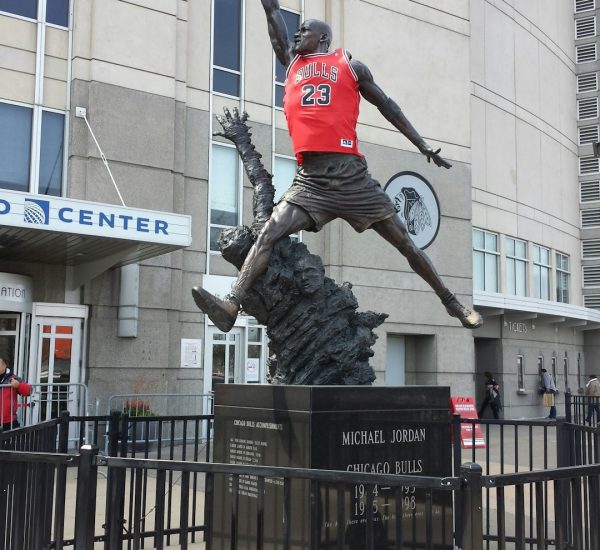When you watch the Olympics, you might wonder: are all these athletes amateurs? Or can professional athletes join too? It’s a question with a cool history and a fun twist!
TL;DR (Too Long, Didn’t Read)
Yes, professional athletes can compete in the Olympics. The rules used to only allow amateurs, but things changed over time. Now, many sports like basketball, soccer, and tennis are full of pros. But some sports still have certain restrictions that keep things fair.
What is a “Professional” Athlete?
Let’s start with the basics. A professional athlete is someone who gets paid to play their sport. They sign contracts, have sponsors, and might even have their own shoe line!
On the other hand, an amateur athlete plays mostly for the love of the game. They compete in college, local clubs, or just because it’s fun. They don’t make money from it—at least not much.
So, Were the Olympics Always for Amateurs?
Yes, at first! The modern Olympics began in 1896. Back then, only amateurs could compete. The Olympic motto was all about “pure sport”.
- No salaries.
- No big sponsors.
- Just passion and sportsmanship!
But the rule had issues. Many countries ignored it. They paid athletes under the table or called them “state amateurs.” That meant the rules weren’t being followed equally.
The Change Begins
By the 1970s and 1980s, the idea of keeping the Games amateur started to seem unfair. Top athletes were skipping the Olympics because they’d lose their incomes. Others were being “bent” to fit into the amateur rule, even when they weren’t.
So in the 1980s, the Olympic committee said: “Time for a change!”
They began allowing professional athletes into many Olympic events.
Which Sports Allow Professionals?
Today, most Olympic sports let professionals compete. Here are a few popular ones:
- Basketball – NBA stars like LeBron James and Kevin Durant? Yep, they’ve played!
- Soccer – Pros are allowed, but teams must be under-23 with only three older players per team.
- Tennis – Serena Williams and Novak Djokovic have all represented their countries.
- Golf – Back in the Olympics since 2016, and all the big names showed up!

That means the Olympics now include some of the biggest stars on the planet.
Why Did the Rules Change?
There were a few reasons:
- Unfairness – Some athletes were being paid in secret, others weren’t. That created imbalance.
- Better Competition – Fans love to watch the best of the best. Including pros raised the excitement!
- Money – Let’s be real. Bringing in famous athletes meant more TV deals, sponsorships, and attention.
But What About the Spirit of the Olympics?
That’s a great question. Some people miss the old days when it was all about amateur athletes and fair play. They feel that letting pros in takes away the charm.
But many argue that excellence should be celebrated, no matter if someone gets paid. The Olympic Games are still a celebration of sports, unity, and world peace.
Are There Any Limits Left?
Yes, some sports still have rules in place, even today. Here are a few examples:
- Boxing – Professionals can now compete, but not all federations allow them to. It’s still controversial.
- Wrestling – Mostly amateurs compete, as the pro wrestlers (like WWE stars) don’t join.
- Soccer – Again, teams mostly consist of players under 23 years old, with just a few older pros.

Cool Moments with Pros in the Olympics
Here are a few shining examples of pros making Olympic history:
- Dream Team (1992) – The USA basketball team had legends like Michael Jordan and Magic Johnson. They crushed everyone and became a global sensation!
- Serena and Venus Williams – These tennis sisters won multiple gold medals, dominating both singles and doubles.
- Usain Bolt – Even though track athletes don’t sign with leagues like basketball, they still earn sponsorships, making them pros too. Bolt’s lightning speed made the Olympics unforgettable.
So Who Can’t Join?
While most pros are allowed, not everyone qualifies. To be part of the Olympics, athletes must:
- Meet the age and gender rules.
- Qualify through national teams or ranking points.
- Be in good standing with their sport’s governing body.
So even if someone is a famous pro, they still need to earn their spot!
Fun Fact Corner!
- The first official pro basketball player in the Olympics was in 1992.
- Many Olympic gold medalists later became movie stars or celebrities.
- In ancient Greece, Olympic winners became heroes—and got free meals for life!
Should We Go Back to Amateurs Only?
Some people think so. They say the Olympics should return to its roots. Keep it for the “little guys” who aren’t rich or famous yet.
Others say today’s pros train way harder, compete cleaner, and still represent their countries with pride.
The balance is tricky. But so far, letting the best athletes compete—no matter their paycheck—has been a fun ride for fans everywhere.
Wrapping It Up
So, can professional athletes compete in the Olympics?
Yes, they can!
And not just a few—many of your favorite Olympic heroes are also pro stars. While the rules used to say “only amateurs allowed,” times have changed. Now, the Olympic Games bring together the best athletes from all walks of life.
And whether they’re paid or not, one thing is true: All of them compete with heart, pride, and passion on the world’s biggest stage.
Let the Games begin!



